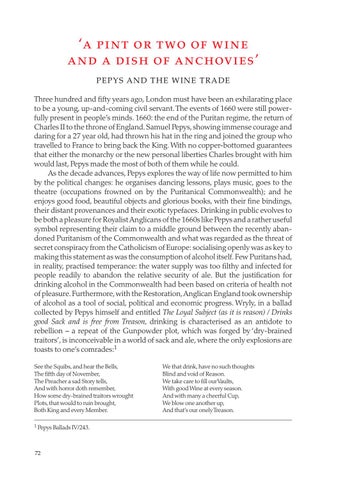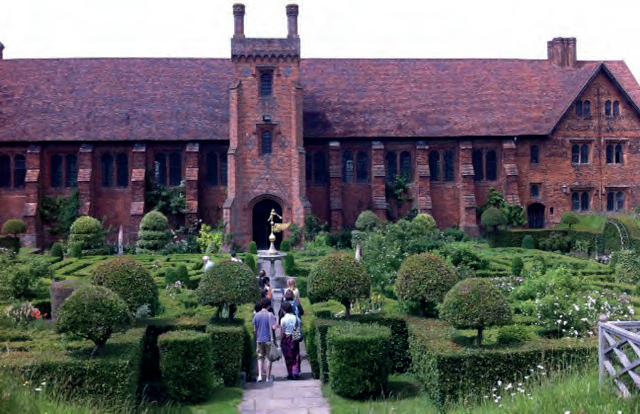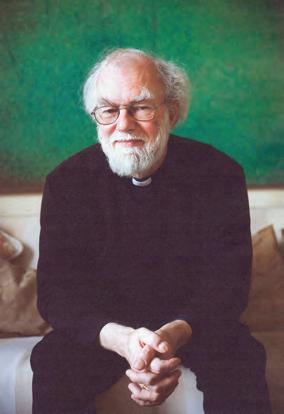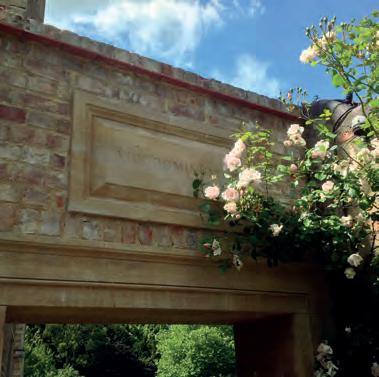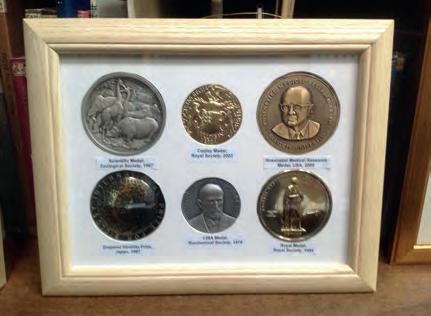‘a pint or two of wine and a dish of anchovies’ PEPYS AND THE WINE T R A D E Three hundred and fifty years ago, London must have been an exhilarating place to be a young, up-and-coming civil servant. The events of 1660 were still powerfully present in people’s minds. 1660: the end of the Puritan regime, the return of Charles II to the throne of England. Samuel Pepys, showing immense courage and daring for a 27 year old, had thrown his hat in the ring and joined the group who travelled to France to bring back the King. With no copper-bottomed guarantees that either the monarchy or the new personal liberties Charles brought with him would last, Pepys made the most of both of them while he could. As the decade advances, Pepys explores the way of life now permitted to him by the political changes: he organises dancing lessons, plays music, goes to the theatre (occupations frowned on by the Puritanical Commonwealth); and he enjoys good food, beautiful objects and glorious books, with their fine bindings, their distant provenances and their exotic typefaces. Drinking in public evolves to be both a pleasure for Royalist Anglicans of the 1660s like Pepys and a rather useful symbol representing their claim to a middle ground between the recently abandoned Puritanism of the Commonwealth and what was regarded as the threat of secret conspiracy from the Catholicism of Europe: socialising openly was as key to making this statement as was the consumption of alcohol itself. Few Puritans had, in reality, practised temperance: the water supply was too filthy and infected for people readily to abandon the relative security of ale. But the justification for drinking alcohol in the Commonwealth had been based on criteria of health not of pleasure. Furthermore, with the Restoration, Anglican England took ownership of alcohol as a tool of social, political and economic progress. Wryly, in a ballad collected by Pepys himself and entitled The Loyal Subject (as it is reason) / Drinks good Sack and is free from Treason, drinking is characterised as an antidote to rebellion – a repeat of the Gunpowder plot, which was forged by ‘dry-brained traitors’, is inconceivable in a world of sack and ale, where the only explosions are toasts to one’s comrades:1 See the Squibs, and hear the Bells, The fifth day of November, The Preacher a sad Story tells, And with horror doth remember, How some dry-brained traitors wrought Plots, that would to ruin brought, Both King and every Member. 1 Pepys Ballads IV/243.
72
We that drink, have no such thoughts Blind and void of Reason. We take care to fill our Vaults, With good Wine at every season. And with many a cheerful Cup, We blow one another up, And that’s our onely Treason.
